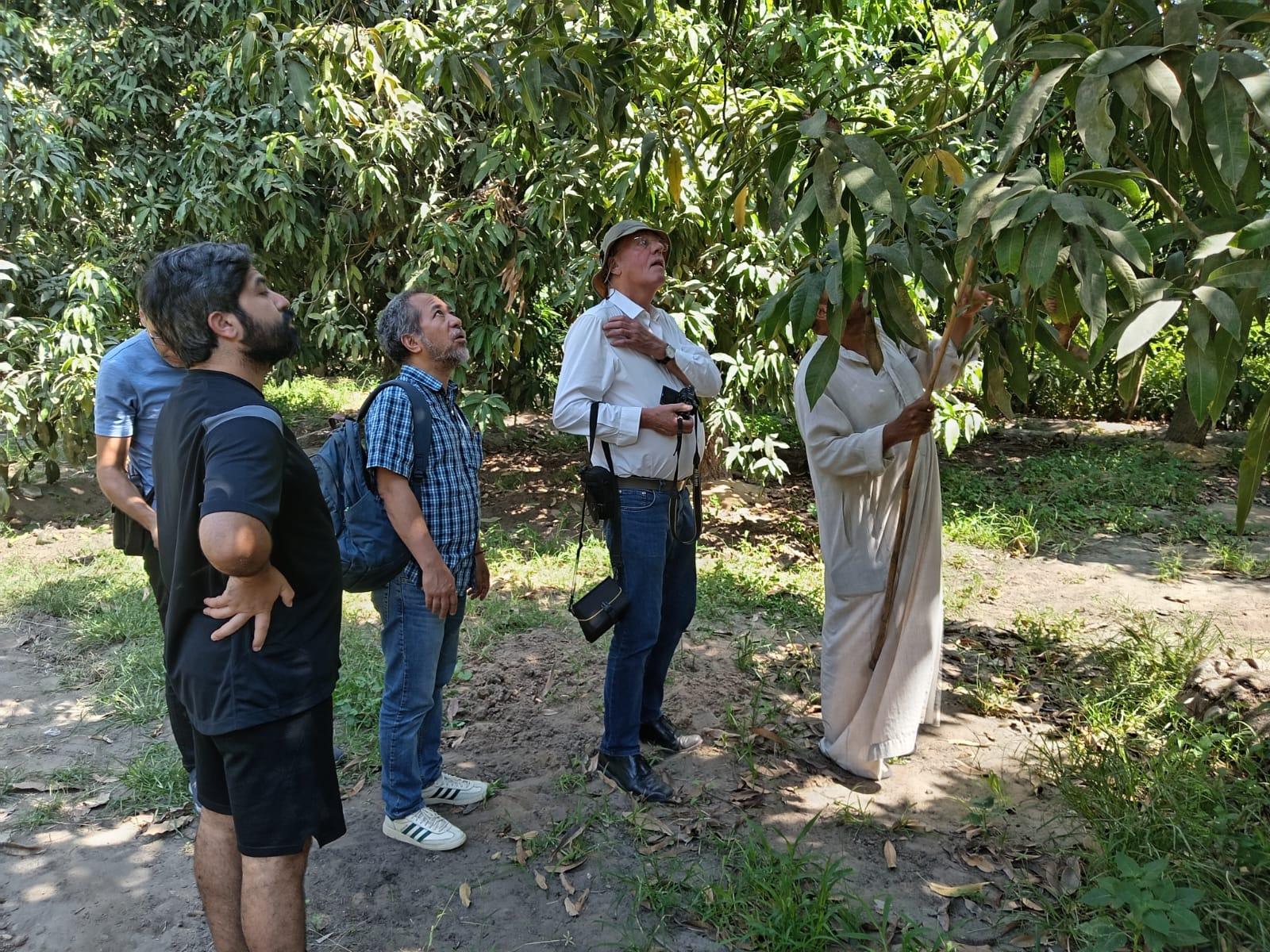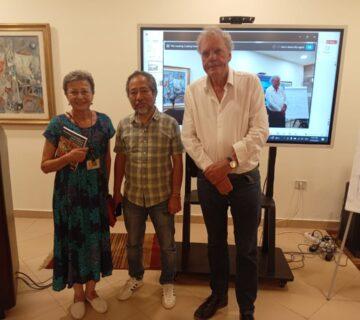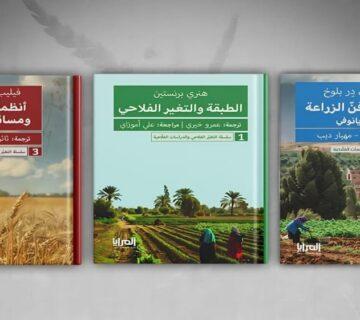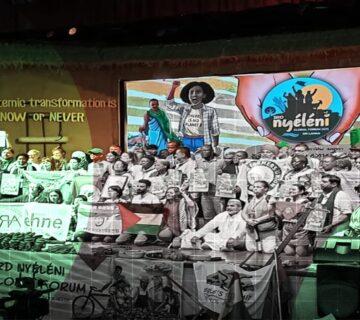On the 25th of September I had the opportunity to visit, together with three Egyptian and one European colleague, the farm of Saleh and his son Ibrahim. The farm is located near Ismaeli. It is a relatively small farm: one hectare and a half. However, it shows how an intelligent combination of different crops, fruit trees, animals, and careful and dedicated labour, can turn such small acreages into valid, resilient, and productive firms. On the farm there are many mango trees and there is constant crafting: new varieties are tried out in an innovative way. This is also done to make the trees more resistant to climate change. Alongside the mango trees there are, of course, the date palm trees. Then there is a self-constructed warehouse for strawberry production. The strawberries are cultivated in alteration with maize. Saleh also proudly shows us his cows. One of them is having 50% Frisian blood. We are joking about it, among others since I am, so to say, 100% Frisian. Next, there are goats, sheep. And of course, careful preparation of animal manure and compost that supports very much the fruit and vegetable production. No part of the little farm is left unattended. There are vegetables and small trees all over the place, just as production of feed and fodder. Saleh and Ibrahim also produce seedlings that are sold to other farms – to the very big ones as well. Irrigation is strategic for this farm and all other farms in the surroundings. Saleh’s farm uses flooding as main technique. Drip irrigation is used for the strawberries only. Father and son tell us that it is no good for the mangos. Mangos, they say, need air.
An interesting technique applied here is the use of paper sachets that are wrapped around the mango fruit when it is still very small. In this way it is protected against insects and plagues and no pesticides and insecticides are needed. It is a technique I have also seen a lot in China. It requires quite some labour but then it renders beautiful, heavy and very healthy fruits.
The farm is part of wider networks. Pastoralists pass frequently. Their cows eat the remnants that remain after the harvest, fertilize the fields they pass, and the bull that comes with the herd fecundates the cows of Saleh and Ibrahim. There is also an interesting cooperation with traders: the strawberries and mangos are exported to other Arab countries, to Europe, but also sold in Egypt itself.
The marvel is that this small farm is able to generate an income for 6 people. And the farm is able, as Saleh says, to face the vagaries of the markets. Some years are better, other are less prosperous but on the whole, there is a good income. Saleh and Ibrahim are rightfully proud on what they are doing and how they are defending their lives and the families.
In the past, this farm benefitted from the Egyptian Land Reform. Now it shows, together with others, that small-scale farming can very well contribute to the creation of employment in the countryside just as it renders good incomes to the people working in these farms. And it very strongly contributes to feeding the nation. I am sure that farms like this one produce, per unit of land, far more than the large, specialized farms we have seen along the road.
In short: a beautiful farm. It merits recognition and support from agricultural policy. Farms as this one are a promise for the future of Egypt.
Jan Douwe van der Ploeg




